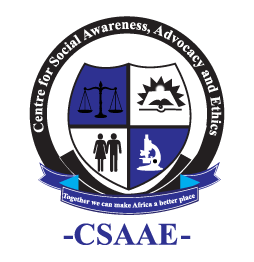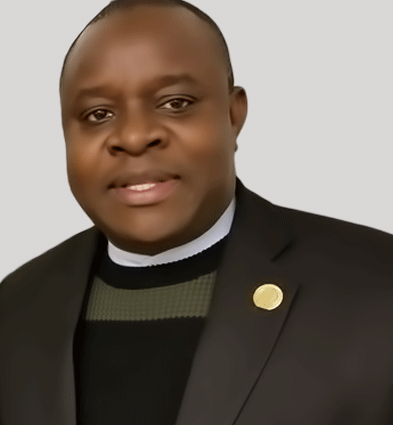During the presidential signing of the Not Too Young To Run Bill, President Muhammadu Buhari said “It may be tempting for you to think of this as the end of the journey. However, it is only the beginning; there is still a lot of work ahead, towards ensuring that young people take full advantage of the opportunities provided not only by this constitutional amendment but also through Nigeria’s boundless prospects”
In the first republic and during the first phase of military rule, young people played an active role in the governance of Nigeria. Alhaji Shehu Shagari and Alhaji Ibrahim Waziri became federal ministers in their 20s. Matthew Mbu became an ambassador in his early 20s. Col Yakubu Gowon became head of state at the age of 31. In 1976, Gen. Olusegun Obasanjo became the head of state and a lot more.
Young Nigerians presently might feel jaded about politics in the country, and for some good reasons, the average young Nigerian feels disconnected to what is happening in this country.
Unlike the previous generation that witnessed Nigeria’s independence and the golden years of the 70s, this generation born in the 80s, and 90s only know a country that has never lived up to its potential.
The idea of youth leadership has become a contemporary sociopolitical issue in every part of the world and it is evidently clear that youths’ participation in leadership processes relating to electioneering and governance often end at the polls and during campaigns.
There are a lot of unfavorable forces deterring youths from effective engagement in leadership which include lack of internal party democracy, systemic discrimination against the youths by political parties, godfatherism, lack of funds to sponsor sustainable political machinery and a lot more.
Godfatherism in Nigerian politics is a bit nuanced. The questions that cause this is the uncertainty in whether the godfather is pro-Nigeria or pro-exploitation? “The biggest setback in many states of the federation and in Nigeria as a whole is that we often elect leaders who should not have any business being in governance, because of their level of ignorance of what governance is all about” (Emenekwum 2018).
During the just-concluded 2019 general elections, a lot of youths took Nigerians for a fun ride by, running only to call off a few hours to the election. That sent a bad signal to the deciding masses.
Youths aspiring to be in governance must go back to the drawing board, to design and implement strategic steps on how to be effective in the next round of elections and not, waking up one day seeking to lead without an effective grassroots force.
The youth must, by all means, subdue themselves to internal party democracy, as that remains the most important vehicle of candidacy sponsorship; since the independent candidature is still far away from actualization in the country. An aspiring youth, most times, sees our party system very rough for good people to survive, which is true; but, as youths, we have to understand and adapt. Yes! Until a reform in the internal political processes within the party is made, to increase youth participation in the structures of the political parties, adaptation is necessary for every aspiring youth.
Our party system needs a robust reform in their respective internal political processes to increase youth participation and encourage youth leadership. Some of those steps should include a party nomination price cut and allocation of certain posts to youths.
In political processes, one thing is certain: through active participation by means of learning and sharing experiences, youths would be more focused and determined, to unite and forge ahead in their advocacy efforts, and support one another to enable them to achieve their political aim.
We thus have to continue advocating for opportunities to be provided for the teeming youth to be a voice in the decision-making processes which would help them develop the required skills and competence to be effective, ethical and courageous leaders.
The “Not Too Young To Run Bill” is a landmark piece of legislation that was conceived, championed and accomplished by young Nigerians and will remain one of the most important accomplishments achieved by Nigerian youths for generations to come.
Despite being a strong supporter of youth leadership in Nigeria, I place more emphasis on good and transformational governance which needs the ability to initiate and drive a positive innovative transformation as championed by the Centre for Social Awareness, Advocacy and Ethics (CSAAE).
The coordinators of the Not Too Young To Run movement have established a formidable legacy in maturing our democracy. If we really want to change something we have to organize ourselves and work hard by uniting and forging ahead for a youth leadership; hopefully 2023. It is time for young people in Nigeria to stop complaining about the political challenges and start to change things.
Muhammad Sani Kassim, ENL


